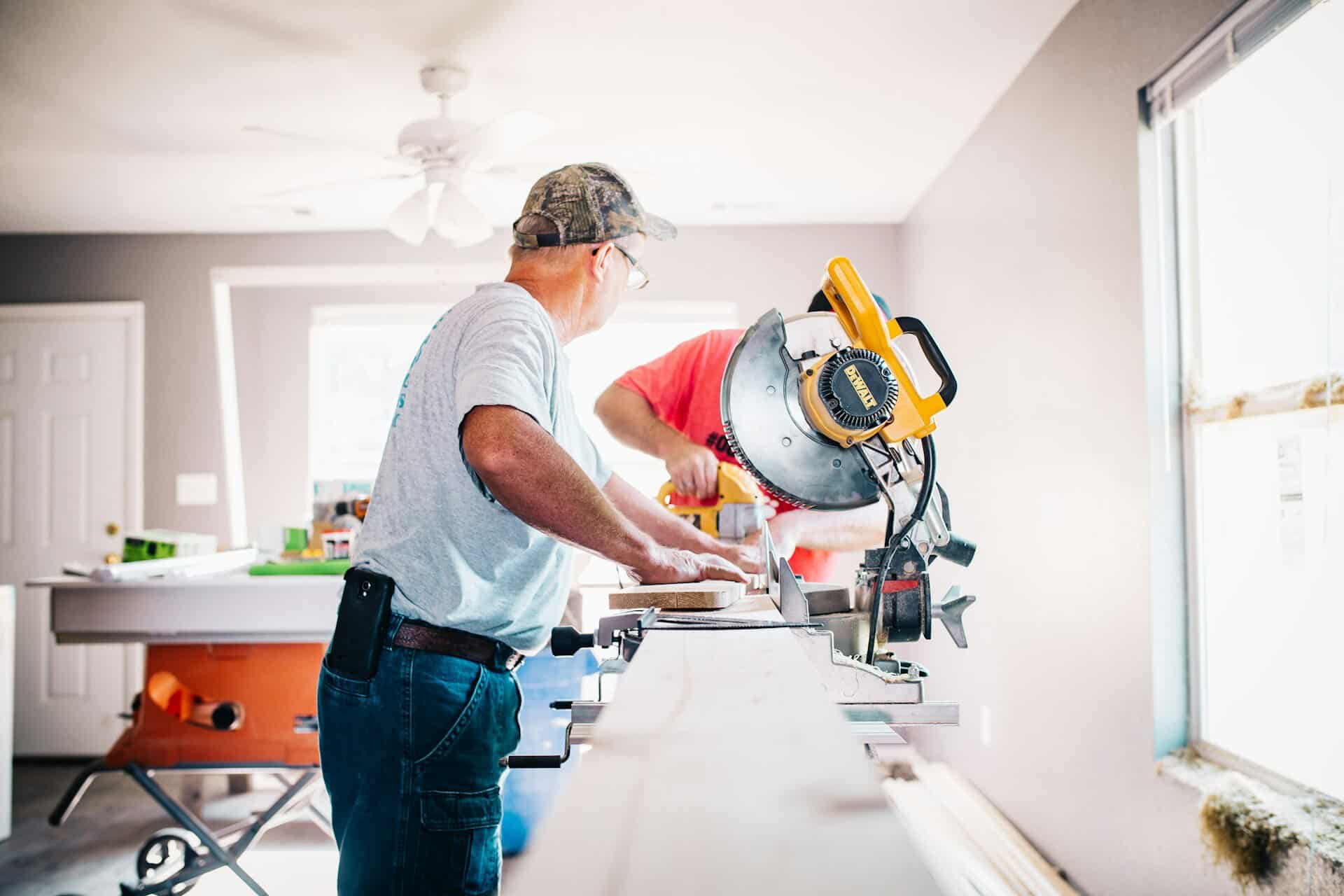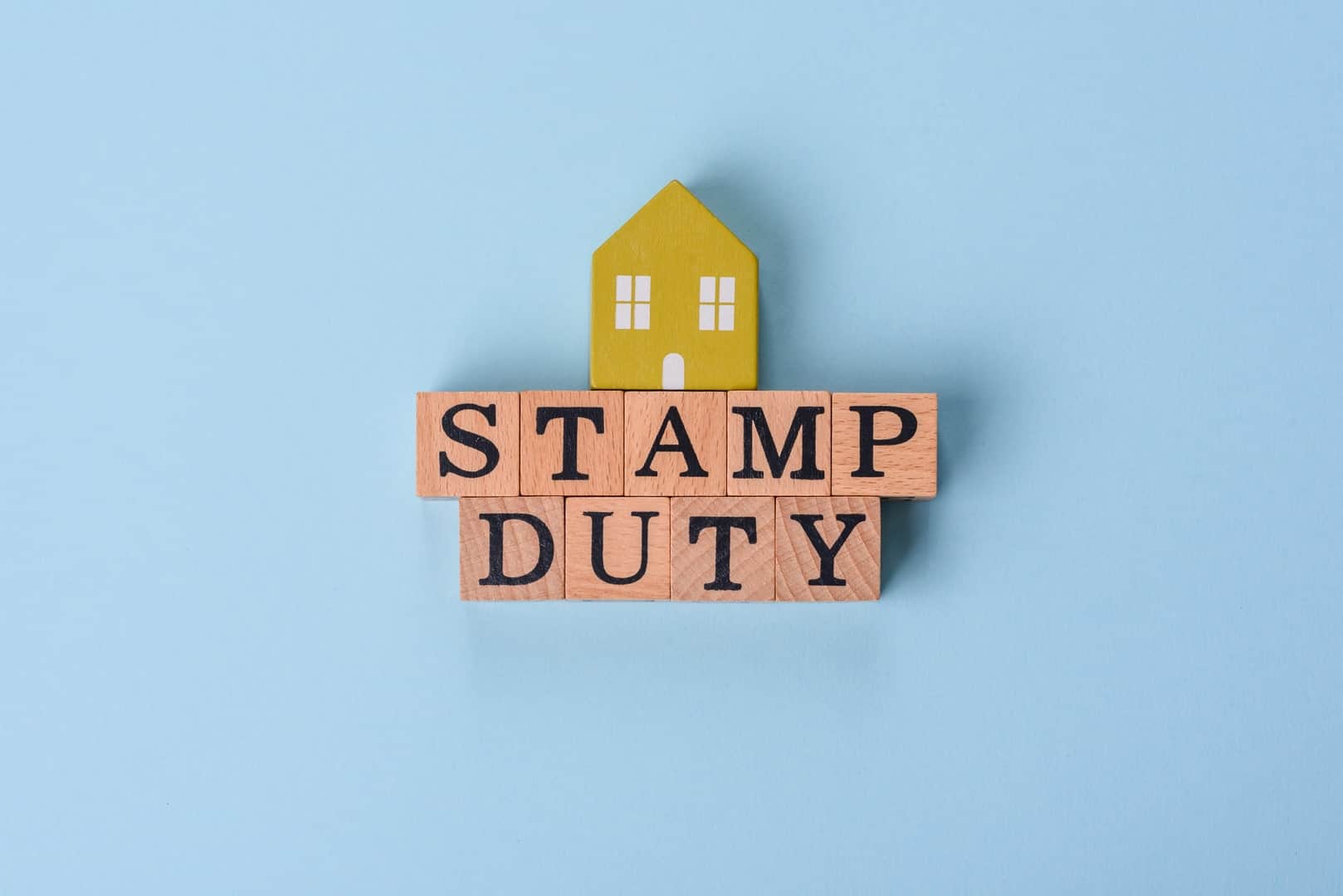Property valuations play an important part in the loan application process for your investment property. Especially kerbside valuations.
Why?
Because property valuations can help you make the right financial decisions regarding buying, selling or renovating your investment property.
Are you needing to have your property valued for something but have no idea where to start and which assessment to use?
So we thought we’d shed some light on kerbside valuations and how Duo Tax Property Valuers can help you.
Here’s what you need to know.
What Is a Property Valuation?
Before delving into kerbside valuations, it’s helpful to have an understanding of property valuations in general.
Simply put, property valuations identify the approximate value that the market proposes your property is worth at that particular time.
There are various reasons you would need a property valuation. For example, a capital gains tax property valuation is required by the Australian Tax Office (ATO) to calculate the capital gain you may have made on the sale of your investment property.
Because there are various reasons you may need property valuations, there are different types of valuation reports, including:
- market assessment valuations which gauge the fair market value of your property;
- stamp duty property valuations which can help in instances where you’re transferring property between owners and ownership entities such as trust;
- retrospective valuations which can provide backdated or historical valuations to assess the value of a property at a certain point in time; and
- kerbside valuations which we will be discussing in this article.
Are Property Valuations Accurate?
Property valuation is a crucial aspect of various different property transactions.
But how accurate are property valuation reports?
Since Property Valuers are legally liable for the valuation they provide, they are expected to apply due diligence in their valuation and provide information that is as accurate as possible.
To do this, Property Valuers conduct thorough research with regards to:
- the surrounding area;
- the condition of the property;
- the sale of similar properties; and
- current market statistics.
While real estate appraisals can help establish an estimated selling price, the report is not a legal document and doesn’t provide the depth of information you would obtain in a property valuation conducted by a qualified Property Valuer.
What Are Kerbside Valuations?
Also known as drive-by valuations or short-form valuations, kerbside valuations involve an inspection of the exterior of the property.
Kerbside valuations are typically used to check the condition of a property in instances where it’s unnecessary to inspect the inside of the property.
For example, banks or lenders usually only require a kerbside valuation in low-risk loan applications.
This is because obtaining a kerbside valuation is generally cheaper than a full valuation but more accurate than a desktop valuation.
As the name suggests, a desktop valuation is a property valuation that can be done from a desk. It’s not necessary to visit the property physically because an automated computer valuation is done using property data, recent comparable sales and property listings.
However, desktop valuations don’t tell you if the property has any structural issues or if the plumbing and electrical need replacing.
Through kerbside valuations, a Property Valuer can identify unique features that can either increase or decrease the value that desktop valuations won’t identify.
If you’re buying a house, though, you may want a more detailed review of the property before buying it – that’s where a full valuation (i.e. internal and external) is helpful.
When Are Kerbside Valuations Useful?
Kerbside valuations are typically valuable for situations where you don’t need a full valuation done but need some degree of detail.
Examples of situations where kerbside valuations are useful include:
- where your loan to value ratio is less than 80% – in other words, you’re paying more than a 20% deposit, and your loan is considered low-risk;
- where you’re looking to cash out equity of up to 80% of the property value;
- where you’ve decided to refinance your mortgage but you have a substantial amount of equity in your investment property;
- where a Property Valuer can’t access the inside of the property (because it’s tenanted, for example) but needs a more detailed report than a desktop valuation; and
- where your property is old and run down and may need to be renovated.
What Are the Benefits of Kerbside Valuations?
It’s much easier to get your hands on a kerbside valuation when you need it done relatively quickly. For example, at Duo Tax, you can receive your property valuation report within two business days.
It’s also generally cheaper than incurring the expenses of a full valuation that requires a Property Valuer to inspect the interior and exterior of your property investment.
Lastly, it’s more detailed and reliable than a desktop valuation because it provides evidence of the property’s physical condition and doesn’t only rely on historical data to produce the valuation.
There are, however, some limitations to kerbside valuations.
Remember: kerbside valuations only involve an external evaluation.
So, it’s worth keeping in mind that any recent internal renovations or improvements completed at the premises will generally not be considered because the Property Valuer won’t necessarily see it.
Why Choose Duo Tax For Your Kerbside Valuations?
Our mission at Duo Tax has always been to help property investors save money where they can.
So, in the spirit of this, we have assembled a team of expert Property Valuers to help you with all manners of property valuation.
With a nationwide presence, we provide a comprehensive suite of property valuation services across Australia designed to deliver reliable and affordable kerbside valuation reports.
Our kerbside valuations are cheaper and delivered quicker while being more detailed than a desktop valuation.
Our Property Valuers will not only look at the property from “the kerbside,” but they will also access relevant information from zoning maps, aerial images, local council reports, sales and other databases to ensure that you’re getting an accurate valuation report.
We’ll provide you with an accurate, fair market value of your investment property within two business days.
Key Takeaways
Kerbside valuations, which are often used for rough estimates when you’re looking to refinance, involves having a Property Valuer assess your property “kerbside.”
This means that the assessment is done only on the exterior of your investment property.
These valuation reports are cheaper and delivered quicker while being more detailed than a desktop valuation.
Get in touch with one of our friendly certified Property Valuers to discuss and organise your next kerbside valuation today.

Ready to get started?
Talk to one of our friendly property experts to get a free quote or more Information.










